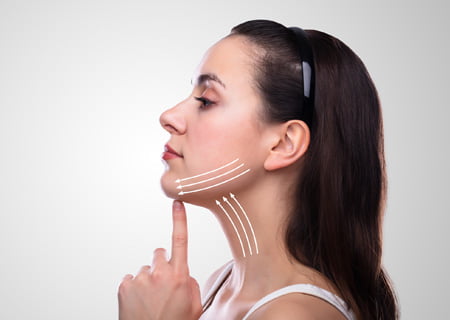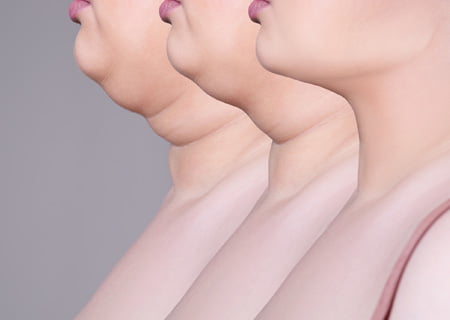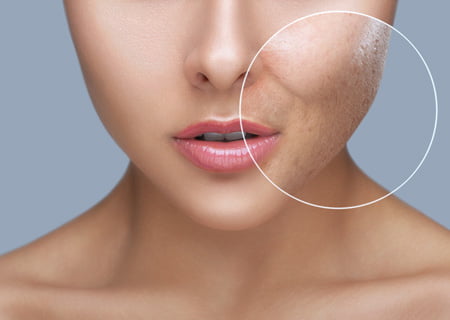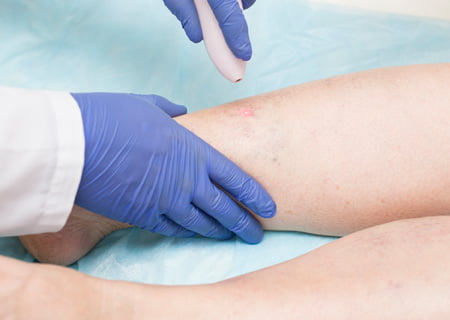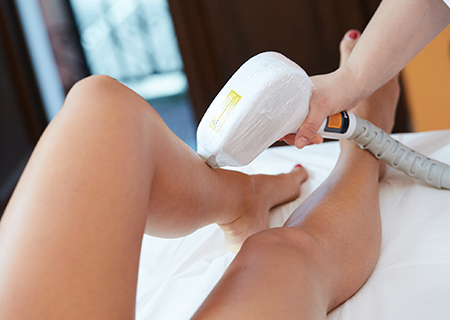What is Liposuction?
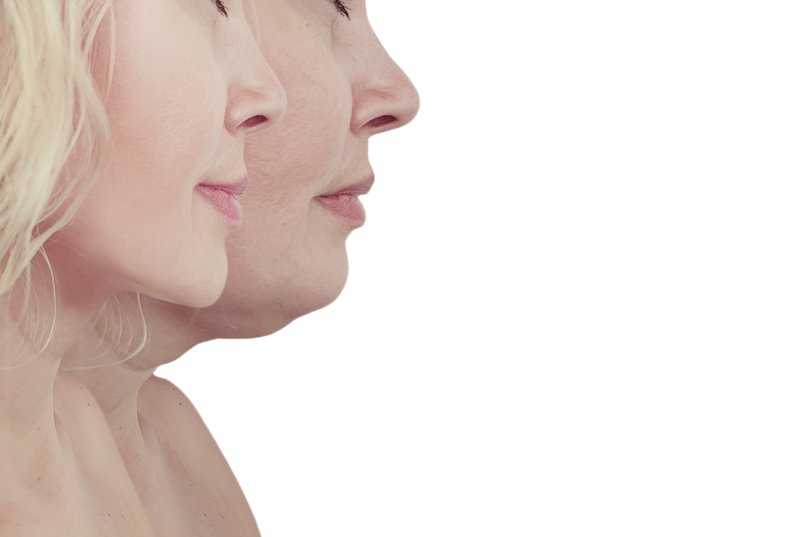
Liposuction is a popular cosmetic surgery to remove excess fat and sculpt your body. It’s an effective procedure that, combined with a healthy lifestyle, can help improve your appearance and boost self-confidence.
Key Takeaways
- Not a Weight Loss Solution: Liposuction is cosmetic, not a substitute for long-term weight loss.
- Types of Liposuction: Options include liposuction for the abdomen, neck, chin, and more.
- Safety & Side Effects: Risks include bleeding, bruising, and swelling; follow post-op instructions for a safe recovery.
- Long-Term Success: Best results come from maintaining a healthy lifestyle post-surgery.
Liposuction is a common technique in plastic surgery that involves removing excess fat from under your skin by using suction techniques. Popular forms of this procedure include neck liposuction and chin liposuction. Commonly referred to as lipo, liposuction is a safe and effective fat removal procedure that forms the backbone of modern plastic and cosmetic surgery.
Liposuction at a Glance
Liposuction is a form of cosmetic surgery, not a long-term weight loss solution. While you can lose weight through liposuction, most weight lost through this procedure is short-term unless combined with a major lifestyle change that involves dieting and exercise. Many people who have lost a significant amount of weight or who have transitioned to a healthier lifestyle seek out liposuction as a way of sculpting their bodies to fit their personal goals. Neck liposuction, for example, can be very useful if a person has lost weight elsewhere but still retains a lot of fat in their neck. The various liposuction types all target different areas, removing fat and allowing a person to look their very best.
Liposuction Types
People also search
There are several different liposuction types, each of which target a different area. Generally speaking, you can identify the types of liposuction by the areas that most commonly retain unwanted fat deposits on the body. This includes liposuction of the abdomen, hips, thighs, buttocks, chin, neck, arms, chest, and back. The procedure for each of these liposuction types remains largely the same, but some extra care is needed when dealing with potentially sensitive areas. Removing love handles is relatively straightforward, for example, while anything involving liposuction of the face or neck requires a more delicate procedure to prevent damage to the face area.
Liposuction Safety
Because it is a surgical procedure, liposuction carries the same risks that all surgery has. This involves bleeding and the risk of infection, as well as the chance that you might have a bad reaction to the anesthesia. To ensure proper liposuction safety, you should make sure to follow all preoperative precautions recommended by your doctor. This likely includes making sure that you stop eating before midnight on the night before your surgery. Following the procedure, your doctor will probably give you pain medication and a set of behavioural instructions designed to make sure that your skin returns to its normal elasticity quickly. Following these instructions should remain a top priority during your recovery.
Is liposuction a long-term fat removal solution?
Liposuction can provide long-term results when combined with a healthy lifestyle, including proper diet and exercise. However, without lifestyle changes, fat can return to untreated areas, making maintenance crucial for lasting success.
Liposuction Side Effects
In addition to the risks that come with any surgical procedure, liposuction side effects include a variety of ways in which your skin might react to surgery. This includes bruising and the buildup of fluids beneath your skin that might need occasional draining. Your skin might become bumpy or wavy following surgery. In some cases, you might even notice a change in skin pigmentation. Finally, your body might have some difficulty in healing from the surgery. This includes swelling and thermal burning from ultrasound-assisted liposuction techniques. If any of these side effects become consistently painful or uncomfortable, be sure to follow up with your doctor.
Liposuction Benefits
While the procedure provides no significant benefit to cardiovascular health, liposuction benefits include an improvement in physical appearance. Liposuction reduces the size and volume of fat cells. It functions very well for those who wish to reduce the amount of fat stored in key areas, particularly if they have lost weight in other parts and expect to continue a healthy lifestyle. The procedure also works best with people who have healthy skin with a high amount of elasticity. Those whose skin lacks a high degree of elasticity may find loose flaps of skin around the area where they had liposuction. In these cases, a separate procedure can remove loose skin.
Preparing for Liposuction
In addition to standard surgical procedure preparation, there are certain additional steps you should take when preparing for liposuction. If you take any medication, be sure to clear them with your doctor. Taking medication without clearance from a healthcare professional can lead to potential complications involving your anesthetic. You should also avoid smoking before your surgery, as doing so will increase your likelihood of excessive bleeding and thus cause you more pain. Finally, try to keep a consistent weight between the time you make your appointment and when your procedure begins. Excessive weight gain or weight loss can negatively affect the results of your surgery.
Frequently Asked Questions about Liposuction
There are many myths and incorrect assumptions when it comes to liposuction. If you have questions about this procedure, refer to the FAQ below for guidance. The answers provided here should clear up some confusion about what you need to know about liposuction.
- How dangerous is liposuction? Liposuction carries the same dangers as any surgical procedure, and there is always the risk of unexpected side effects during recovery. However, the procedure as a whole is one of the most effective and most popular cosmetic procedures performed today. The sheer amount of work and research that has gone into liposuction techniques makes it safer overall than many similar procedures that are equally invasive.
- Is liposuction worth the money? The cost of liposuction can vary wildly depending on how extensive a procedure you need. Generally speaking, however, you can expect to spend between $3,000 and $4,000 for liposuction in Canada. Whether this is worth it depends on what you hope to accomplish with liposuction and what plans you have to keep from regaining the fat cells you lose. Combined with proper rehabilitation and a healthy lifestyle, liposuction can be very much worth the money you pay for it.
- How much weight can you lose with liposuction? A typical liposuction procedure can remove between 1.5 and 2 kilograms of fat from the selected area. Naturally, the exact amount of weight varies from case to case. Chin and neck liposuction, for example, remove less fat than abdominal liposuction because there is less fat in the facial region. After a liposuction procedure, you can keep the weight off long-term with proper diet and exercise.
- What is the pain like after liposuction? Depending on the extent of the procedure, pain after liposuction can range from moderate to severe. You usually need a hospital stay following liposuction, during which time your doctors will monitor your recovery and provide medication to help with your pain. After you leave, you might receive some prescription medication to handle the pain as it lingers for a few days to a couple of weeks.
- Why is liposuction so painful? Liposuction requires the use of an anesthetic which goes underneath your skin. This can cause pain and swelling in the hours and days that follow the procedure. Doctors can help reduce pain through the use of certain medications. The use of a compression garment can also speed up the drainage process, which reduces swelling and decreases pain.
- Is liposuction long term? Liposuction can be long term, but it requires the patient to undergo certain health and lifestyle changes. If you use liposuction as a weight loss tool without paying attention to your diet and level of exercise, you become less likely to experience lasting effects from the procedure. On the other hand, liposuction can be beneficial in the long term if you take nutrition seriously and make sure that you live a healthy lifestyle which will help you keep the fat off.
- What if there are complications? Following liposuction, you should make sure to pay special attention to your body and be prepared to reach out to your doctor if something seems wrong. Your pain should lessen over time and you should be able to get by without medication for it after a short period of time. If the pain doesn't go away or gets worse, you should report that to your doctor at your next follow-up. Similarly, keep an eye on swelling and bleeding. While you can expect some swelling early on after your surgery , it should start to go down with compression and time. If you start to experience complications, you should definitely reach out to your doctor as soon as possible. At the same time, you need to remember to stay calm -- complications happen, but you can work through them given the right attitude and vigilance.
If you are unhappy with the way you look but have made strides in maintaining a healthy lifestyle, liposuction may be a way to increase your health and confidence. If this procedure sounds right for you, reach out to a cosmetic surgery office in your area. After answering a few questions and providing your medical history, you will be well on your way to a safe, effective, and cost-efficient way to improve your appearance, mood, and overall level of self-esteem. The questions and answers provided above serve as a good primer, but be sure to bring your own questions into the doctor's office when you are ready.

